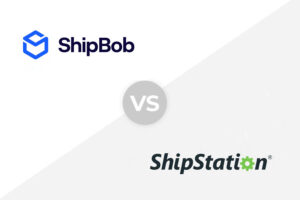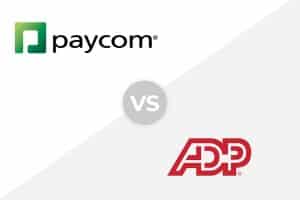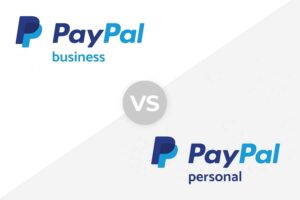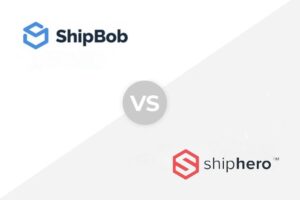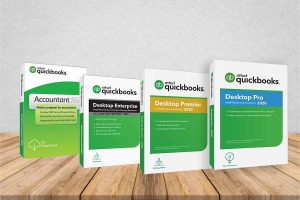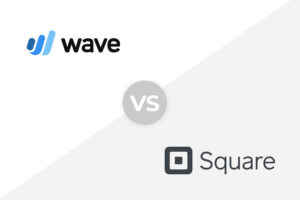Chatbots are artificial intelligence (AI)-based software designed to interact with humans using automated responses. Live chat, on the other hand, refers to direct communication between human agents and customers. While both services are on-brand messaging solutions, live chat is human-driven, and chatbots are conversational tools. Read our chatbot vs live chat guide to determine which…
Versus
ShipBob vs ShipStation: Key Differences & Which to Choose
ShipBob and ShipStation both help retail and ecommerce businesses handle their logistics needs, but they are very different types of platforms offering unique solutions. ShipBob offers a comprehensive end-to-end fulfillment solution for businesses looking to completely outsource their logistics. It also offers a proprietary Warehouse Management System (WMS) aimed at self-managed fulfillment operations. Meanwhile, ShipStation…
Paycom vs ADP RUN: Which Is Best for HR & Payroll
Paycom and ADP RUN are two popular payroll and HR software solutions that go beyond providing basic services to include onboarding, recruiting, benefits, and background check options. ADP RUN boasts scalable plans and add-on features that grow with your business, while Paycom has a wide range of features in one system, allowing you to streamline…
PayPal Business vs Personal: Which One Is Right for You?
PayPal is one of the most popular names when it comes to online payments. It offers two types of accounts with different fees and benefits. When it comes to PayPal Business account vs Personal, a Business account is ideal for small businesses that want to accept online card payments. A PayPal Personal account is generally…
W-2 vs W-4: Differences & When to Use Each
The W-2 and W-4 forms are important IRS documents for your business and staff. Form W-4 provides information about how much tax should be withheld from your employees’ paychecks, while Form W-2 is used to report annual income and taxes to the IRS. In this guide, we’ll compare both in detail and walk you through…
ShipBob vs ShipHero: Key Differences & Which to Choose
ShipBob and ShipHero are two leading third-party order fulfillment companies offering outsourced services and Warehouse Management System (WMS) software. They both provide comprehensive solutions for affordable shipping, increased efficiency, hybrid fulfillment, and international expansion. We compared ShipBob vs Shiphero based on pricing, features, functionality, ease of use, and customer reviews to identify differences and highlight…
QuickBooks Pro Vs Premier: Which Is Better?
The main difference between QuickBooks Pro and QuickBooks Premier is that Premier has industry-specific editions—manufacturing and wholesale, retail, contractor, nonprofit, and professional services: QuickBooks Pro is more affordable and works best for small businesses with general accounting needs. QuickBooks Premier is preferable for growing businesses that operate in one of the industries it’s built for….
Wave vs Square: A Comparison
Wave and Square are both small business-friendly software with built-in payment processing and invoicing tools. However, Wave is primarily an accounting software whereas Square is a point-of-sale (POS) system. So when comparing Wave vs Square, we look at the main functionality that each software provides. We recommend: : Best for freelancers and contractors accepting payments…

